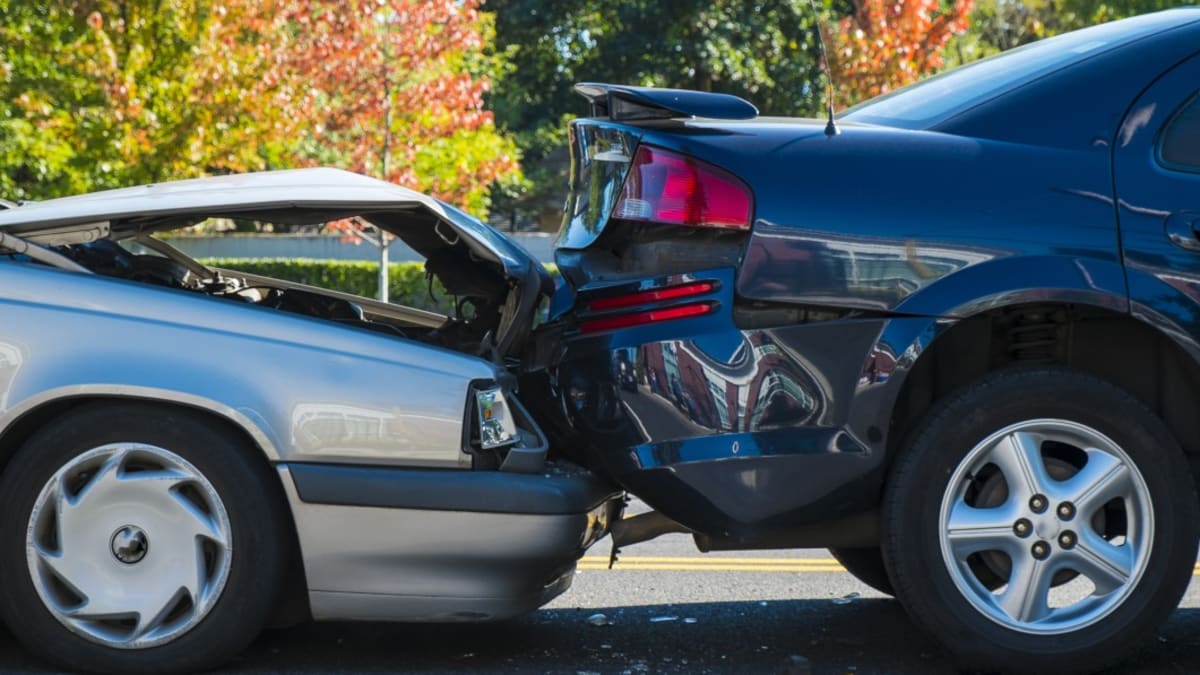This is part of our Car Buyer's Glossary series breaking down all the terms you need to know if you're buying a new or used car from a dealership.
Gap insurance is tied very closely to another, related term: "being upside-down" (or "being underwater") on your car loan. We need to understand the concept of being upside-down to figure out how gap insurance can help.
Imagine you take a long car loan — say 72 months — on a car that costs $30,000 and don't put a lot of money down on it. Since you roll a bunch of fees into the loan to keep your expenditures low, let's say your total out-the-door price is $33,500 — but that's spread out over 72 months, right? That keeps your payments really low, and you didn't have to pay much out of pocket. It's a choice a lot of people make to stretch themselves into a car they might not otherwise be able to afford.
The second you drive off the lot, your car loses value — it goes from being a brand new car to a used one, even if it has just a few miles on the odometer. The average depreciation is 11%, so your $30,000 car is now worth $26,700. And now let's say right as you pull out of the lot, someone T-bones you. That's really bad luck.
So, let's see here: You owe the lender $33,500, but your totaled car is only worth $26,700. Your insurance company isn't going to write you a check for $33,500 — that's more than your car is worth! Its actual value is lower, factoring in how much value it lost the second you left the dealership. So you're going to be on the hook for the $6,800 difference, making payments to the bank on a wrecked car until that's paid off, with interest accruing the whole time. Unless, that is, you can just pay the bank $6,800 out of your bank account, but not many of us have that simply sitting around.
That's being upside-down. It's bad because you've just lost a lot of money, and you don't have much to show for it. Even if what your insurance company pays you goes to a new car, you're $6,800 poorer, and so you can't afford as much car as you could before.
Gap insurance covers that "gap" between what you owe the bank and what the car is actually worth. That's all it covers. It doesn't mean you'll get help with your payments if you can no longer afford them. It only covers the gap in value if the car is totaled. That's all it does.
Gap coverage can be purchased at the dealer when you buy the car, but that can be pretty expensive. If you're thinking about taking out a very long loan, or not putting much money down — or both — shop around. See if your current auto insurance provider offers gap coverage. Maybe you can roll it into your auto policy.
Since cars are one of the biggest expenses most people have, and since most people don't have roughly 20% of their car's purchase price just sitting in the bank in case their car gets wrecked, gap insurance is a good idea. Just make sure you shop around and get a good deal.
On a related note, this is why we recommend putting down 20% and sticking to a loan term that's no longer than 60 months. The 20% down means you're driving off the lot owing about what the car is worth, generally speaking. If the car's totaled in the first year, that totally sucks, but you're probably not going to be underwater. You'll come out a lot further ahead. Same goes for a shorter loan term — the car continues to depreciate, but your payments keep pace, and you are less likely to be underwater at any time over the course of the loan.
You can also discontinue coverage if, after doing the math, you're no longer upside down on your car. In that case, continuing to pay gap insurance is just throwing money away. Your lender or insurance company may be able to help you with the math to determine if you still need gap insurance.
One more thing: Gap insurance also applies to leased vehicles for many of the same reasons, and is sometimes required by the company administering the lease. Alternatively, gap insurance may already be included in your lease agreement. Do a little digging to find out.
To recap: If you buy a car and don't put a lot of money down, you should definitely consider purchasing gap insurance.
Related Video:


Sign in to post
Please sign in to leave a comment.
Continue